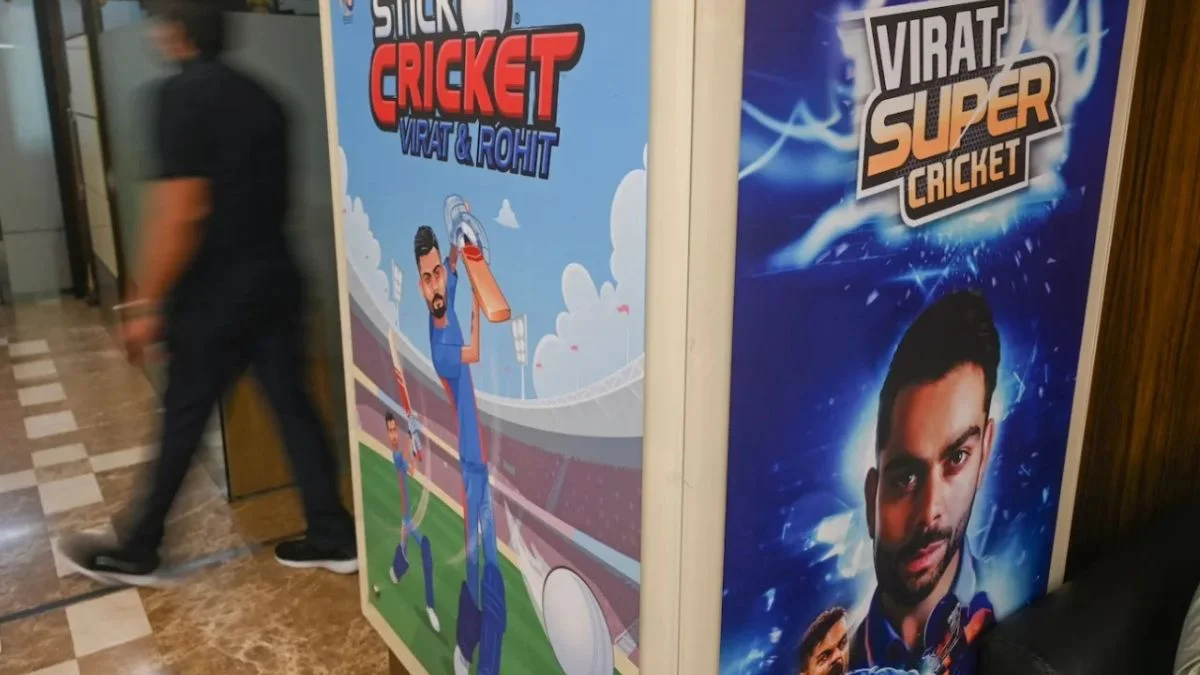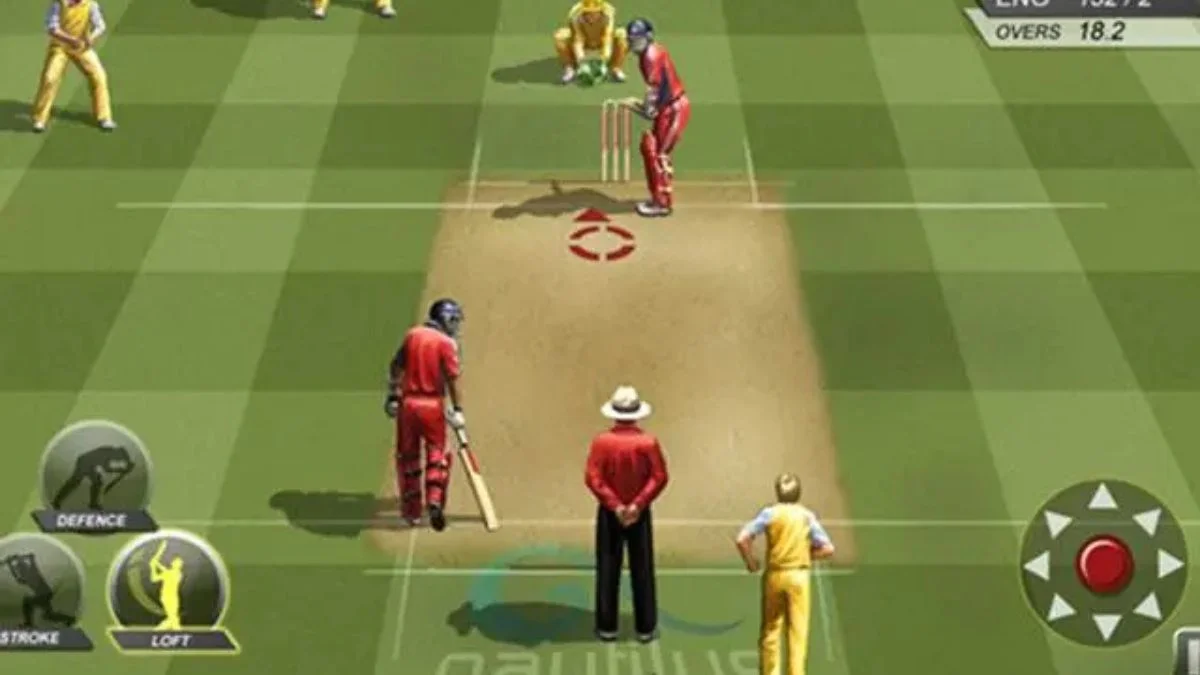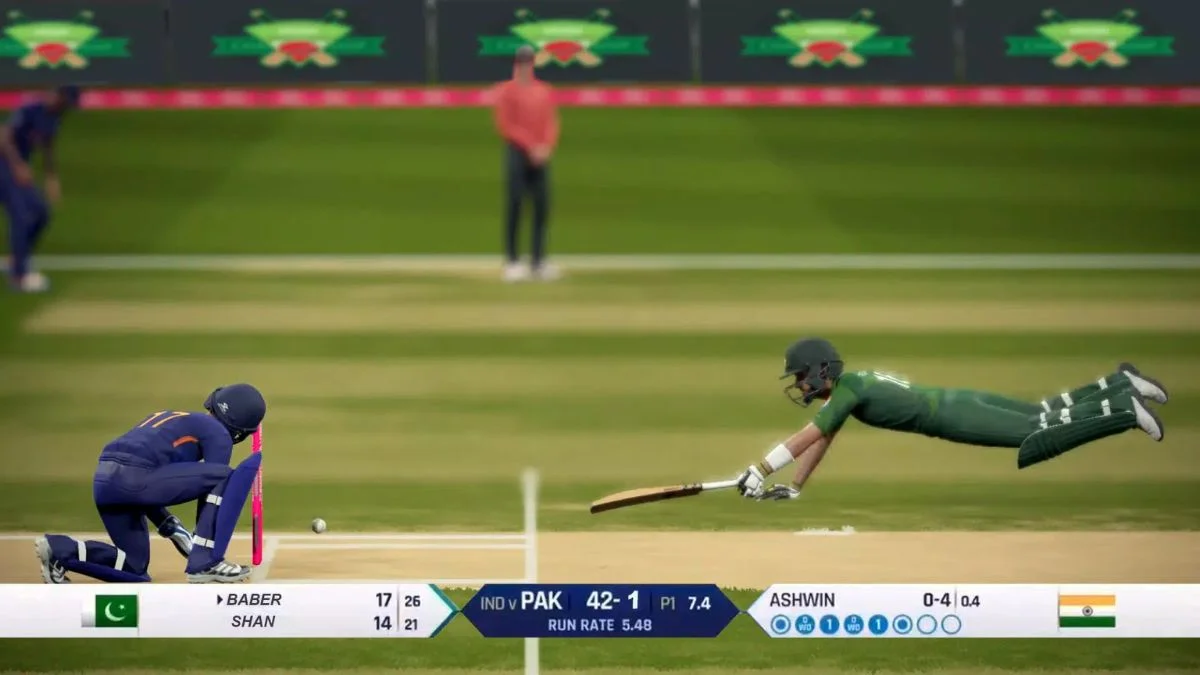
In a major step to diversify its income sources, the International Cricket Council ICC enters Mobile Gaming. This project, which will be on the agenda at the ICC board meetings from today in Harare, is the governing body’s foray into the burgeoning gaming space—an arena with tremendous potential, particularly in cricket-mad countries such as India.
This move is made as the ICC foresees a possible drop in the worth of future broadcast rights, a historic bedrock of its revenues.
Why ICC Enters Mobile Gaming Now

The timing of the strategic shift is not an accident. The Indian mobile gaming market alone is expected to reach US$3 billion in 2024, with consistent year-over-year growth.
Desperate for a window of opportunity, sensing the enormous untapped market and huge popularity of mobile cricket games, the ICC needs to produce a flagship product in a space that has traditionally been fragmented and invariably hounded by licensing problems.
Setting the Stage: Console to Mobile Cricket Games

Cricket games are decades old in the gaming universe, with all-time greats like EA Sports’ Cricket and Codemasters’ Brian Lara Cricket having their loyal followings. But the mobile revolution has brought new opportunities, and the ICC now wishes to take the reins of its share in this virtual pie.
Unlike earlier attempts by third-party developers, for the first time, the ICC itself is going to commission and manage a cricket game, providing a better, more legitimate experience for global fans.
Charting the Licensing Labyrinth: NIL Rights and Legal Challenges
Although the idea of ICC venturing into mobile gaming is encouraging, it is accompanied by a set of challenges—the first among which is the licensing of Name, Image, and Likeness (NIL) rights. In the past, acquiring global player licenses has been a challenge. EA Sports, for instance, halted its cricket series in 2007 due to hassles in acquiring these rights from various cricket boards.
The ICC presently retains NIL rights just for players playing in its competitions—and only during those competitions. For an all-encompassing game involving international sides, T20 franchises, and domestic leagues, the ICC will have to make separate deals with:
– National cricket boards (particularly in countries such as India and Pakistan with no formal players’ associations),
– Franchise owners (especially those in the IPL),
– The World Cricketers’ Association (WCA) and their licensing partner Winners Alliance.
Player Associations and Ongoing Disputes
There have been recent reports of the complexity of these negotiations. Both Cricket Australia (CA) and New Zealand Cricket (NZC) are presently mired in conflicts with their player associations regarding NIL rights with respect to the Real Cricket app. These jurisprudential stand-offs reflect how tensions might arise with the ICC proceeding with its plans for mobile gaming.
WCA, which brings together players from nations like Australia, England, South Africa, and New Zealand, has not replied to the ICC’s proposal for a game so far. That said, its previous associations like the 2023 deal with Real Cricket and Winners Alliance indicate it will be at the center of negotiating the terms of any new game.
India: The Golden Goose for Cricket Gaming
Securing rights for IPL franchises and Indian players may be the make-or-break factor behind the success of this mobile game. With no centralized Indian player association, negotiations have to be conducted directly with boards or individual stakeholders, which further muddles the issue.
Early signs are that the IPL franchises may not want to license their brand to the ICC, which may restrict the scope of the game. However, the ICC is aware that India’s large gaming audience and cricket fan base mean it is a market that cannot be ignored.
Plan of development
The digital staff at the ICC is going to present the mobile games plan to the Chief Executives’ Committee (CEC) to seek approval for launching a formal tender. If the proposal is approved, the ICC will invite possible developers to create a new official game, with a mobile-first development, and potentially extend to consoles or PCs at a later date.
ICC Enters Mobile Gaming with Long-Term Vision
As ICC enters the world of mobile gaming, it is a visionary strategy to connect with younger generations, control Cricket’s online footprint, and create an additional revenue stream during uncertain times with broadcasting. While there remain challenges with licensing and stakeholder buy-in, the potential upside of positive reputational and financial impacts makes this a bold, but necessary, step.
If done correctly, this mobile game could be to cricket, what FIFA was to football decades before it became a global franchise loved by fans and able to dictate the sport’s digital footprint.
ALSO READ: IPL 2025: Players Dismissed Or Unbeaten In The 90s





